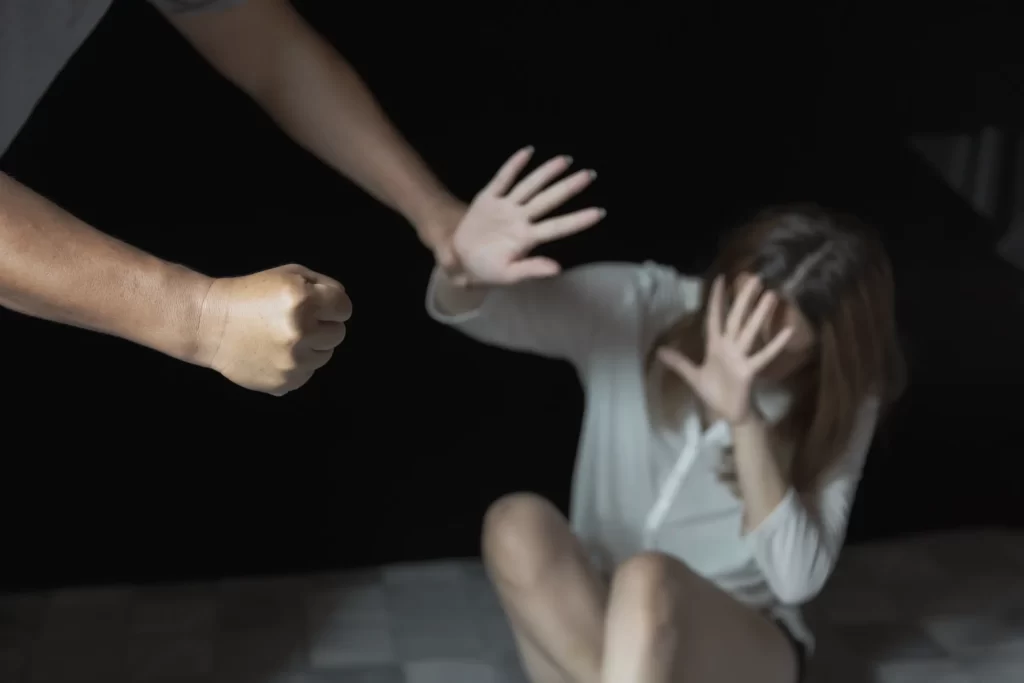Being in a violent and difficult-to-navigate relationship is difficult enough; however, things can get more complicated and worrisome when child custody and visitation rights begin to be discussed.
Perhaps you are looking for information about what might happen if you leave your current situation or have already left. You seek answers about what happens in cases with domestic violence and child custody and visitation rights.
Here are some of the most commonly asked questions:
- What is a child visitation order, and what factors are considered in determining child visitation?
- Can a visitation order be changed or modified?
- What happens at child custody court?
You may have many questions, so let’s look at some of the information you need.
What Is A Child Visitation Order?
There are several ways that a child custody agreement might look. In general, visitation lets the noncustodial (the parent who doesn’t have custody) visit their child.
- No visitation – occasionally, the courts will bar parents from visitation with their children. These are usually extreme circumstances.
- Fixed or reasonable visitation – If the parents can communicate effectively and the child is not at risk, the parents may come up with a suitable visitation plan. Fixed visitation will be on a rigid schedule.
- Supervised visitation – in domestic violence cases, supervised visitation is usually the recommended course of action.
Several factors can impact the child custody agreement of the children:
- The wishes of the parents and children
- The relationship between the parents and children if the parents can work together
- The health of the children and parents
- Who has been the primary caregiver
- The child’s safety
- The safety of the parent who has been the victim
- The abuser’s history.
Can A Visitation Order Be Changed Or Modified?
Child custody can be fluid in many senses, and the order can be changed or modified. A judge may modify the order if modification is in the child’s best interest or where there is a substantial change in circumstance that impacts the child’s welfare.
Here are some factors that can impact the likelihood of a change:
- The child is in danger
- Either of the parent situations has changed
- The child’s needs have changed
- One or both parents aren’t following the terms of the custody order
- A relocation
A parent can request a modification at any time until the child is 18, and the judge can decide whether to grant it or not.
What Happens At Child Custody Court?
Courts are generally conservative when dealing with domestic violence in custody court – and they opt for what is deemed best for the child’s well-being and safety.
Evidence will be presented to support the accusations of domestic violence and will be considered in the custody proceedings. The court will need to consider if the accused poses a danger to the child if there are pending criminal cases, the evidence of abuse, police reports, and the severity.
Each party will testify, as will witnesses and children, and they may offer opinions on which parent is best suited. There is typically an immediate decision based on the facts and testimony presented. The judge will deliver a visitation schedule and who the custodial parent will be – this decision is based on the child’s best interests.
Essex County divorce attorneys are here to help. If you want more information and talk about your next steps, contact us today – we’re here to help.

